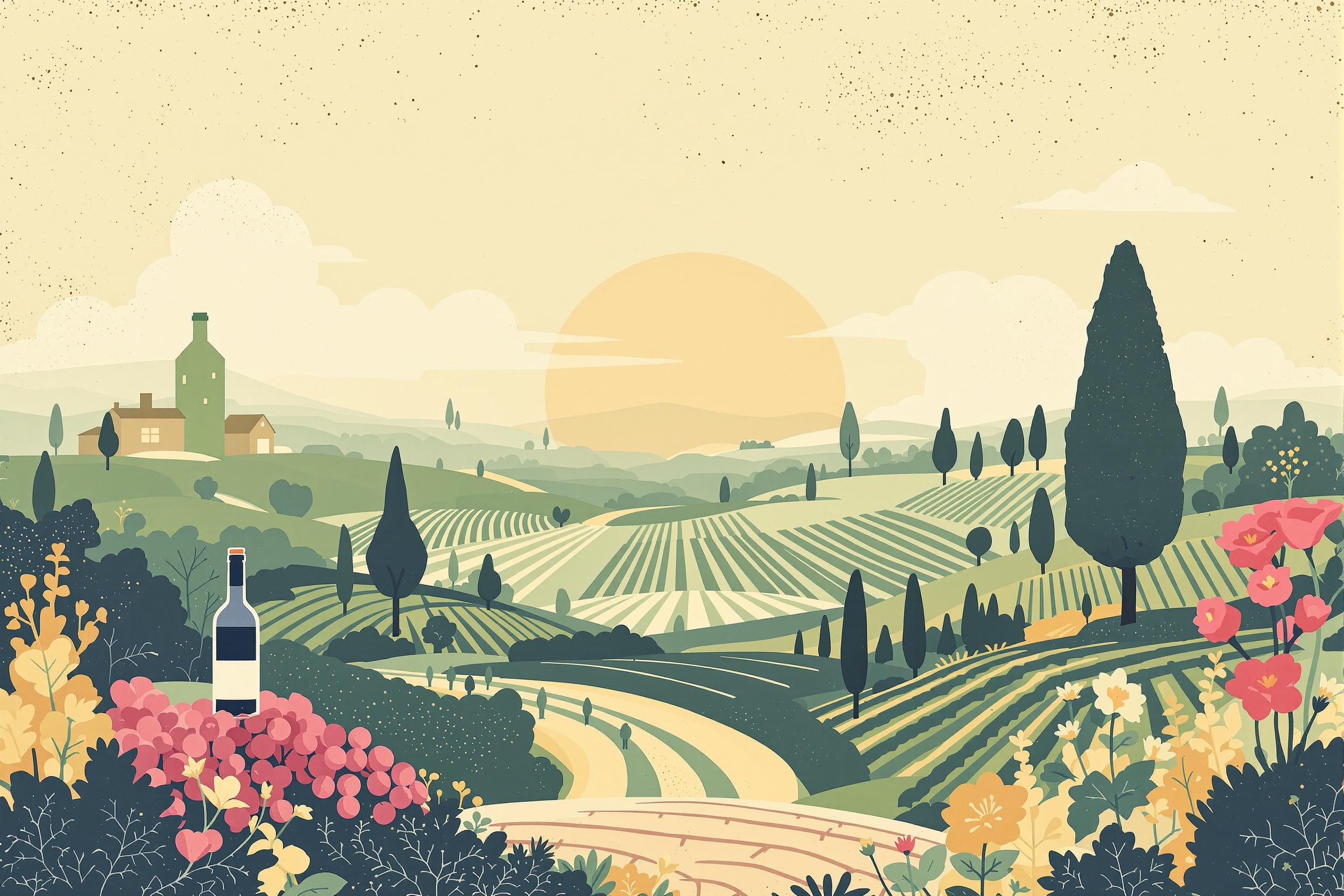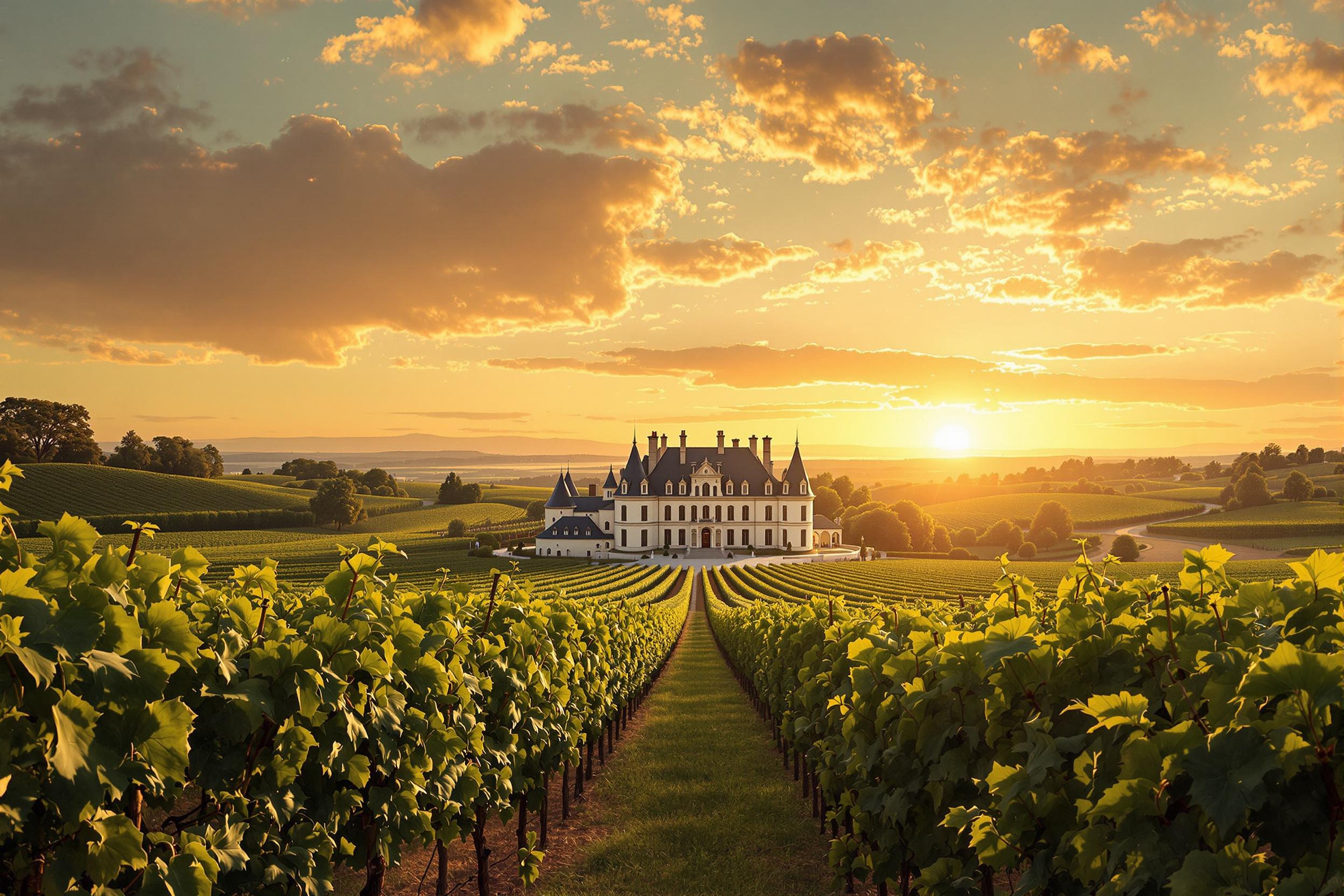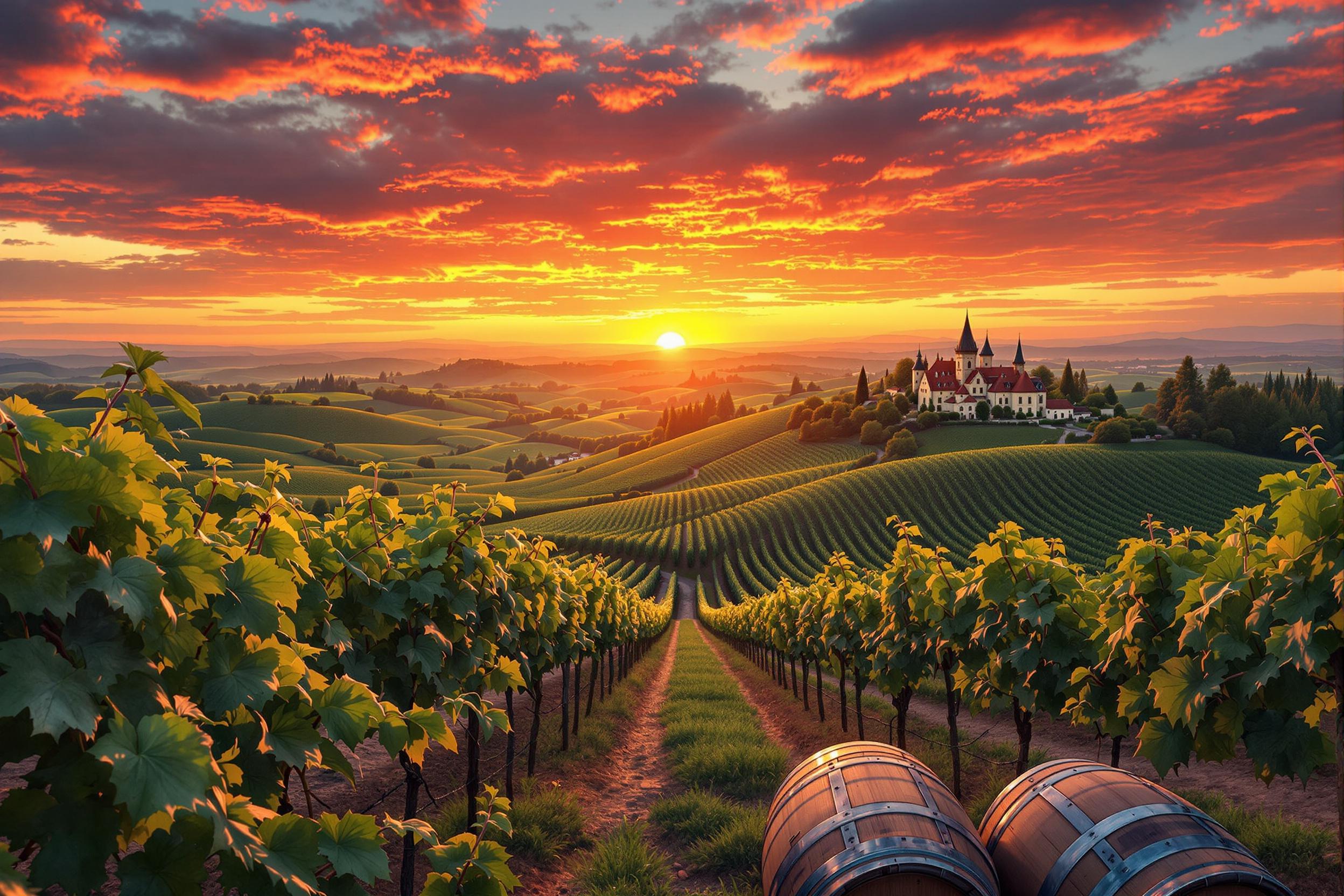French Wine Industry Trends in 2024
The French wine industry, a cornerstone of global viticulture, finds itself at a critical juncture. Centuries of tradition and excellence meet evolving consumer preferences and dynamic market forces. Understanding current trends is paramount for both connoisseurs and producers navigating this landscape. This article explores the key trends shaping French wine in 2024—examining the challenges and opportunities defining the future of French wine production and consumption. From sustainable practices to technological advancements, the French wine sector adapts to maintain its global prominence. Let’s uncork the secrets to understanding this vibrant industry’s evolution.
Wine Trends 2024: Key Statistics and Forecasts
Analyzing Wine Preferences in 2024
The French wine landscape in 2024 reveals some interesting shifts. Economic pressures have impacted the value of wine exports, mirroring global market adjustments. However, a significant positive trend has emerged: organic wine production. A remarkable 21% of French vineyards are now organic, showcasing a commitment to sustainable agriculture. The alcohol-free wine market is booming too, expanding annually by 4%. What does this tell us? Export values are readjusting, and consumers are gravitating towards sustainable and health-conscious choices. These figures are vital for understanding the industry’s direction and for strategic planning by French winegrowers and businesses. Adapting to both economic realities and the demand for organic and lower-alcohol options is key.
Looking ahead, sustainability and health remain focal points. Experts predict continued growth in the organic wine segment, with more vineyard area dedicated to organic farming. The alcohol-free market should maintain its upward trajectory, fueled by health-conscious consumers and changing social habits. While export values may fluctuate due to global economic uncertainties, the demand for premium, sustainably produced French wine persists. This suggests a two-tiered market where value is challenged in some areas, but premium and niche markets—especially organic and biodynamic offerings—are poised for growth.
Challenges Facing French Winegrowers
Climate, Market, and Consumer Shifts
French winegrowers face a complex web of challenges impacting production and market positioning. Climate change presents a significant threat, with unpredictable weather patterns—heatwaves, droughts, and extreme rainfall—affecting grape yields and quality. These variations necessitate adapting viticultural practices and pose long-term risks to traditional wine regions. Think unpredictable weather, and you’ll understand the challenges faced.
Market shifts further complicate matters. Global wine markets are becoming increasingly dynamic, with new wine-producing regions emerging and consumer preferences evolving. Competition is fiercer than ever, requiring French winegrowers to innovate to maintain market share. Consumer preferences add another layer of complexity. Demand for organic and sustainable wines is on the rise, driven by environmental awareness. Interest in lower-alcohol and alcohol-free alternatives is also growing, challenging traditional wine norms.
Navigating Climate Challenges
Climate change is a significant and escalating challenge for French winegrowers. Rising temperatures, altered rainfall patterns, and increased extreme weather events directly threaten vineyards across France. Heatwaves can stress vines, affecting ripening and yields. Rainfall changes can cause both droughts and excessive moisture, fostering disease and impacting grape quality. Spring frosts damage young buds, affecting the harvest. French winegrowers are proactively finding solutions. These include drought-resistant grape varieties, water-efficient irrigation, and vineyard management practices that boost resilience. Precision viticulture technologies are gaining traction for monitoring conditions and optimizing resource use. It’s not just about adapting—it’s about creating a climate-resilient future for French wine.
Adapting to Market and Consumer Shifts
The global wine market is transforming, compelling French winegrowers to adapt. Increased competition from emerging wine regions requires focusing on differentiation and value. Consumers are more discerning, seeking wines aligned with their values. The rising demand for organic and sustainable wine reflects growing environmental consciousness. This presents both a challenge and an opportunity. Meeting this demand requires investment in organic and biodynamic farming, certification, and transparent communication. The expanding market for lower-alcohol and alcohol-free wines shows a shift towards health-conscious consumption. French winegrowers are exploring this by developing innovative winemaking techniques to create appealing low/no-alcohol options while maintaining flavor and quality. A proactive approach, embracing innovation and consumer-centric strategies, is essential for staying competitive.
Innovative Practices: Sustainability and Technology
Embracing Sustainability
Sustainability is now core to French wine production. Driven by environmental concerns and consumer demand, French winegrowers increasingly adopt sustainable practices across viticulture and winemaking. This includes reducing pesticide use, implementing soil conservation, optimizing water management, and promoting energy efficiency. The rise of organic wine, now covering 21% of French vineyards, demonstrates this commitment. Biodynamic farming, an even more holistic approach emphasizing soil health and biodiversity, is also gaining popularity. This comprehensive approach benefits the environment and enhances the quality and terroir expression of French wine. Consumers actively seek sustainable wines, making it a key competitive advantage.
Leveraging Technology
Technology plays a vital role in modernizing French wine production, enhancing efficiency, precision, and quality. Precision viticulture technologies like GPS-guided tractors, drone imagery, and sensor networks allow for accurate vineyard monitoring. This data-driven approach optimizes irrigation, fertilization, and pest management, minimizing environmental impact. In wineries, advanced technologies refine processes. Temperature-controlled fermentation, automated bottling, and sophisticated analysis tools ensure consistent quality and efficiency. Technology also aids traceability and supply chain management, boosting transparency and consumer trust. Online platforms and digital marketing expand market reach and enable direct-to-consumer sales, creating new opportunities for connection and growth.
The Growth of Organic and Biodynamic Farming
Organic and biodynamic farming are booming in France. The increase in organic vineyard area, now at 21%, highlights the adoption of organic principles. Organic farming prohibits synthetic pesticides, herbicides, and fertilizers, promoting soil health. Biodynamic farming goes further, viewing the vineyard as a self-sustaining ecosystem. While organic certification focuses on input restrictions, biodynamic certifications like Demeter involve more comprehensive standards. Both methods aim to produce environmentally friendly wines expressing their unique terroir. Consumer demand for these wines is rising, making these practices economically viable for French winegrowers.
Interactive Elements: Infographics
Practical Tips for 2024
Tips for Wine Consumers
- Explore organic and biodynamic wines, looking for certifications like ‘Agriculture Biologique’ or ‘Demeter’.
- Experiment with alcohol-free and lower-alcohol options.
- Read wine labels carefully, noting production methods and certifications.
- Support sustainable wineries.
- Engage with wine retailers and experts for recommendations.
- Attend wine tastings focused on organic, biodynamic, and sustainable wines.
Tips for French Winegrowers
- Invest in sustainable practices and certifications.
- Embrace technology for vineyard management and winemaking.
- Diversify product offerings with low/no-alcohol options.
- Communicate sustainability efforts and wine characteristics clearly.
- Focus on quality and terroir expression.
The French wine industry in 2024 faces significant shifts, but by embracing sustainability, technology, and evolving consumer preferences, French winegrowers can thrive. For those eager to explore these developments, TourDeWine offers a curated selection of collectible wines, including organic and biodynamic options, champagnes, calvados, whiskey, cigars, and vintage wines. Discover exceptional French wines and experience the future of wine consumption at TourDeWine.



